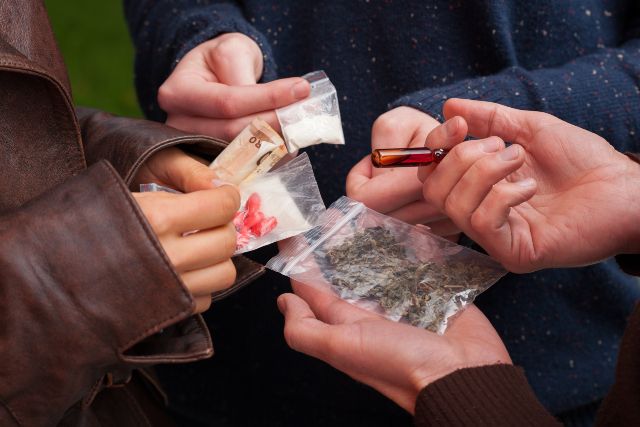Contact The Fast Law Firm, P.C. Today
If you or someone you know is facing drug possession charges, don’t face the legal system alone. Our experienced attorneys are ready to provide you with top-tier defense, ensuring that every detail of your case is handled with care and precision.
Our firm handles state and federal criminal cases, including drug possession and trafficking, as well as white-collar crimes such as fraud. With extensive trial experience and a deep understanding of New York’s legal landscape, we’re equipped to tackle even the most challenging cases.
Take the first step toward protecting your future by scheduling a free consultation. Contact The Fast Law Firm, P.C. today for personalized guidance, strategic defense, and relentless advocacy. Let us help you achieve the best possible outcome for your case.
Frequently Asked Questions About Drug Possession Charges in NYC
What Should I Do After a Drug Possession Arrest?
First, remain calm and exercise your right to remain silent. Law enforcement may use anything you say against you, so it is crucial to speak only with your attorney. Promptly contacting a skilled attorney, like those at The Fast Law Firm, P.C., ensures that your rights are protected from the outset.
How Can I Avoid Jail Time for Drug Possession?
There are alternatives to jail time, such as diversion programs and plea deals. These options depend on factors like the type of substance and the circumstances of your case. Our legal team can explore these avenues to potentially reduce charges or penalties.






